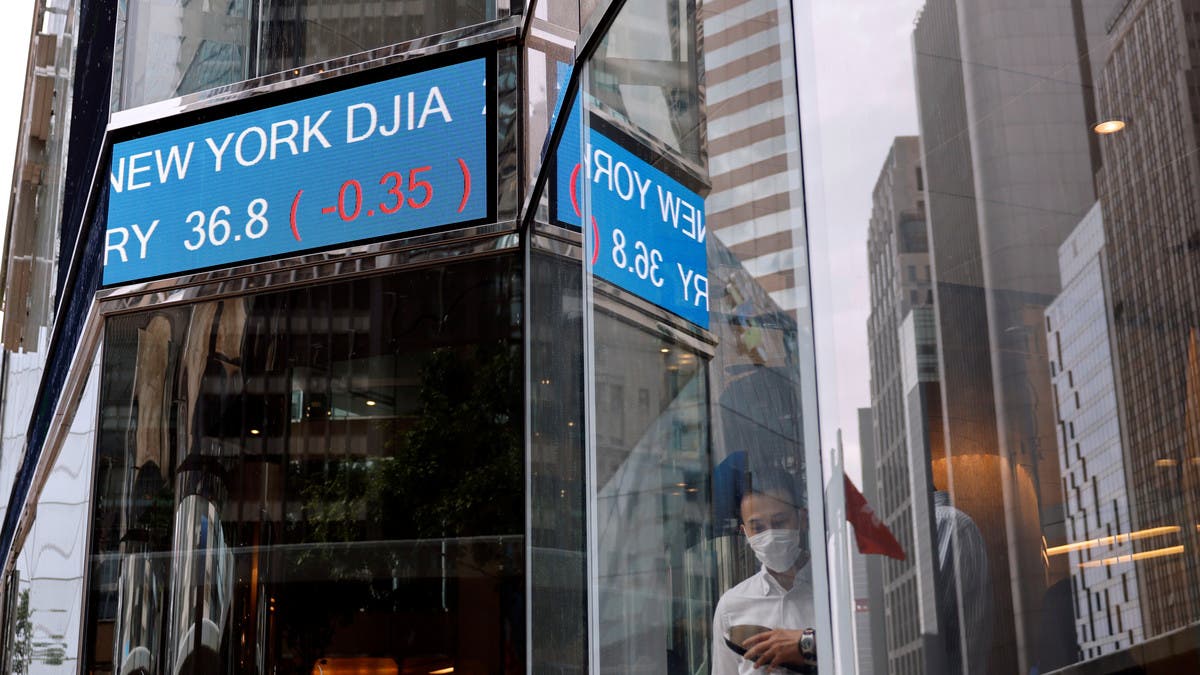Stocks across Hong Kong and China staged a stunning rebound after China’s state council vowed to keep its stock market stable amid a historic rout that erased $1.5 trillion in value over the past two sessions.
The Hang Seng China Enterprises Index, which tracks mainland companies listed in Hong Kong, jumped 13 percent on Wednesday, its biggest gain since the global financial crisis. A gauge of Chinese tech firms soared by a record with Alibaba Group Holding Ltd. and Tencent Holdings Ltd. gaining more than 23 percent.
For the latest headlines, follow our Google News channel online or via the app.
The eye-watering rally followed a report by the official Xinhua news agency that China will keep the stock market stable and support overseas share listing, citing a meeting chaired by Vice Premier Liu He. The comprehensive statement also sought to resolve other woes that have plagued the market, particularly concerns over Beijing’s tech crackdown, saying efforts to “rectify internet platform companies” should end soon.
China’s central bank and its banking and insurance regulator soon followed suit to pledge their role in ensuring a stable capital market, a coordinated move that underscores the determination of the authorities.
Equities in the region have seen intense selling recently amid regulatory fears and speculation that Beijing’s ties with Russia may bring political backlash. Cheap valuations had lured some dip buyers, but lingering risks including a possible US delisting of Chinese stocks, weak home prices and a lockdown in tech hub Shenzhen had been weighing on sentiment.
The statement also called for new policies to handle property developers’ risks, as well as a mention that regulators in both countries have achieved positive progress on the issue of Chinese stocks listed in US markets. The report follows a series of articles by state media in recent days seeking to talk up sentiment.
“Usually the market’s natural bottom comes after the policy bottom, which we are seeing now,” said Li Weiqing, a fund manager at JH Investment Management Co.
“This time around things may be different, as the rout was looking like a financial crisis; the macro figures are also pointing to a bottom. But even if this is not the end, we can at least expect more stability in the next week or so.”
China’s benchmark CSI 300 Index closed 4.3 percent higher, the most since July 2020. Prior to Wednesday’s session, the index was down more than 19 percent this year, one of the worst performing national benchmarks globally.
Even with the latest bounce, some market watchers say it’s too early to call an end to the rout, maintaining a wait-and-see stance to see if the verbal promises materialize into concrete policies. JPMorgan Chase & Co. earlier this week labeled some Chinese internet names as “uninvestable in the short term.”
Investors are also wary of an imminent interest rate hike by the Federal Reserve for the first time in more than three years. Any indications of a more aggressive tightening ahead could worsen growth risks stemming from the Russia-Ukraine war.
The 10-day volatility of the Hang Seng Index is higher than any major stock market benchmarks in the world, Bloomberg-compiled data show. In a sign of receding bearish bets, short sell turnover in Hong Kong shares fell to six percent of total equity trading on Wednesday from over 20 percent on Monday, according to data compiled by Bloomberg.
“Compared with the pessimism in previous days, everyone is now rushing to buy shares at low levels,” said Castor Pang, head of research at Core Pacific Yamaichi. “The market was indeed oversold, irrational in this dramatic rout, and real money is back doing bottom fishing.”
Read more:
China allows Foxconn, some building sites resume work in COVID-19 bubble
COVID-19 curbs cause queues at Chinese ports, threatening global supply chains
OPEC flags risk to oil demand outlook from Ukraine war, inflation


 World3 years ago
World3 years ago
 World3 years ago
World3 years ago
 Business1 year ago
Business1 year ago
 Entertainment7 years ago
Entertainment7 years ago
 World7 years ago
World7 years ago
 Entertainment7 years ago
Entertainment7 years ago




